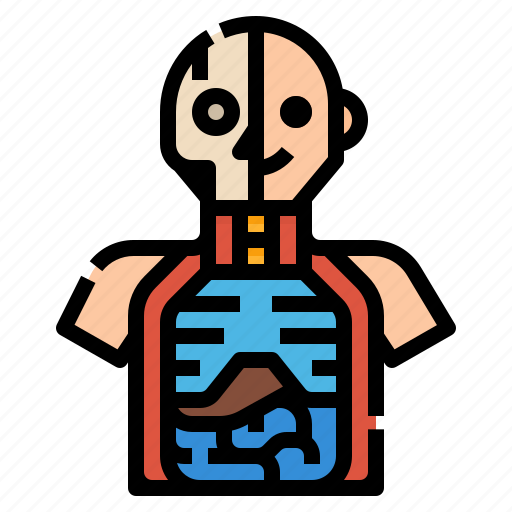The medical field is always changing and it’s important to have knowledge about all of the changes that take place and how they affect your patients. To help you get an understanding of what is involved in the medical profession, you can take online courses in the Human Physiology program.
There are two primary types of Human Physiology courses that you can take, both at your local community college or at one of the numerous online colleges offering the course. A course in Human Physiology is designed for students who already have a degree in another area of science, medicine, nursing or other related fields and would like to continue their education with a course that focuses on human biology and anatomy.
In an Introduction to Human Physiology course, you will learn about human anatomy, physiology and health. The course will teach students how to diagnose and treat different health issues, as well as how to administer various tests and procedures. You will learn about the physiology of the human body, the organ systems and how these work together to produce the body’s functions. You’ll also learn about various health disorders, the basic causes of them and how they affect the entire system.
The Human Physiology course takes a slightly different approach than some of the other classes you might take in school. In order to learn this particular course, you need to have some background in biology and anatomy. You will also need to have a general understanding of the concepts of science. Students who are planning to specialize in human physiology often prefer this course because it is a good introduction to the entire subject, even if they already have a solid foundation in basic science.
Once you are completed with your Introduction to Human Physiology course, you can choose to take the Human Physiology Laboratory course. This course will cover more of the physiology of the human body and the different laboratory techniques and equipment used to test and measure it. In this course, you’ll learn about blood pressure, body composition, body temperature, heart rate, and other bodily functions as well as you try to determine why they are happening.
Once you have completed an Introduction to Human Physiology course, you can move forward to the Human Physiology Clinical Training course. If you want to become a physician, you must complete one year of human anatomy and physiology course. This is an essential part of your training because you will have to know how to diagnose and treat all kinds of diseases and conditions, including cardiac disease, mental illnesses, brain function and even brain tumor diseases. There are many ways to determine if you have these conditions, but you will need to take a course in human physiology to determine the diagnosis.
Once you complete the Human Physiology course, you will need to take a Human Physiology Clinical Training course which will teach you about the various types of medical equipment used to treat patients. In addition, the course will also provide you with information about what type of tests, procedures and medications are used in a typical practice setting. Finally, you will complete a clinical internship, which will require you to spend one or two weeks with a physician under the supervision of a doctor. Once you complete this, you will be ready to enroll in a hospital course in Human Physiology.


